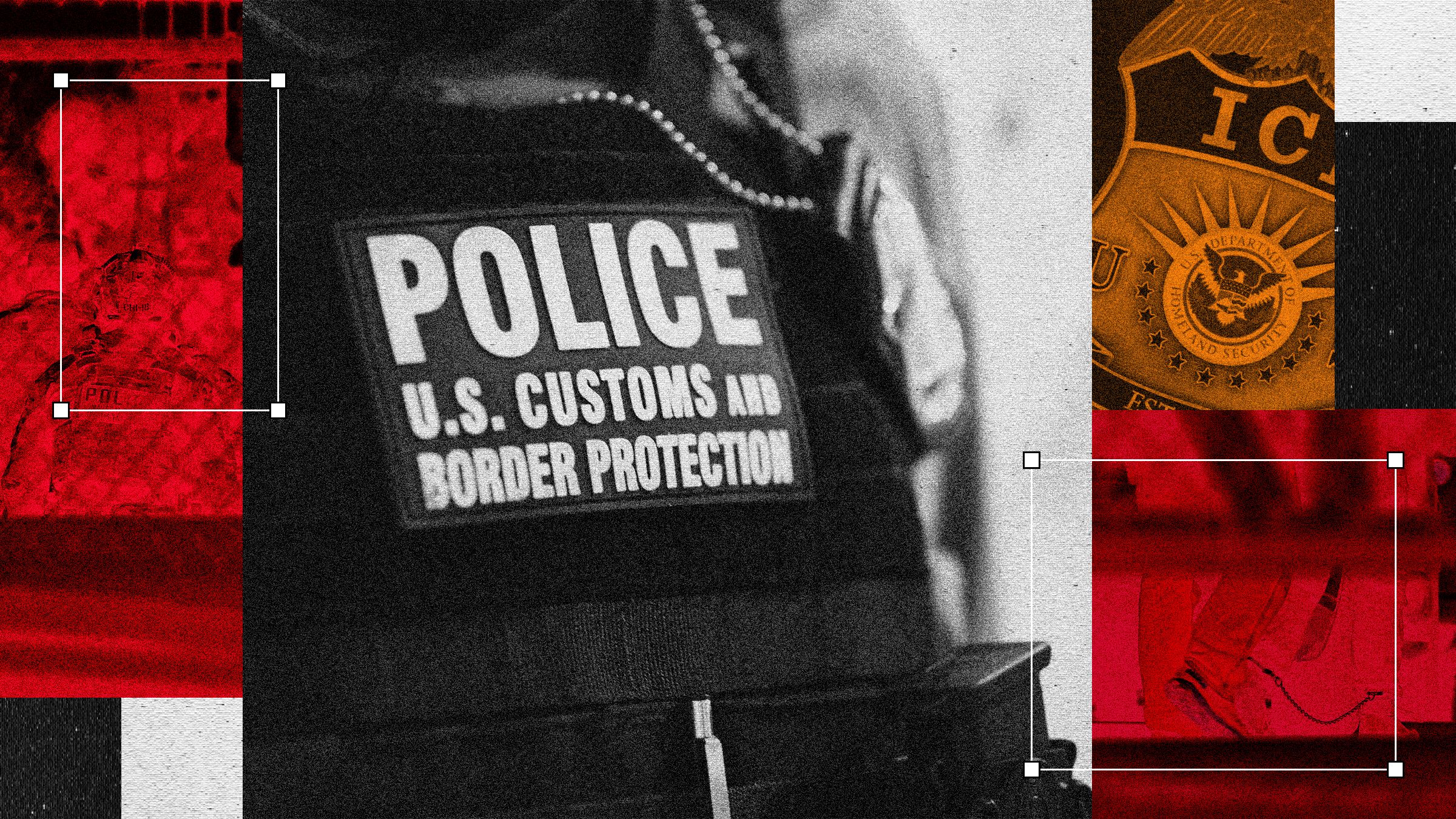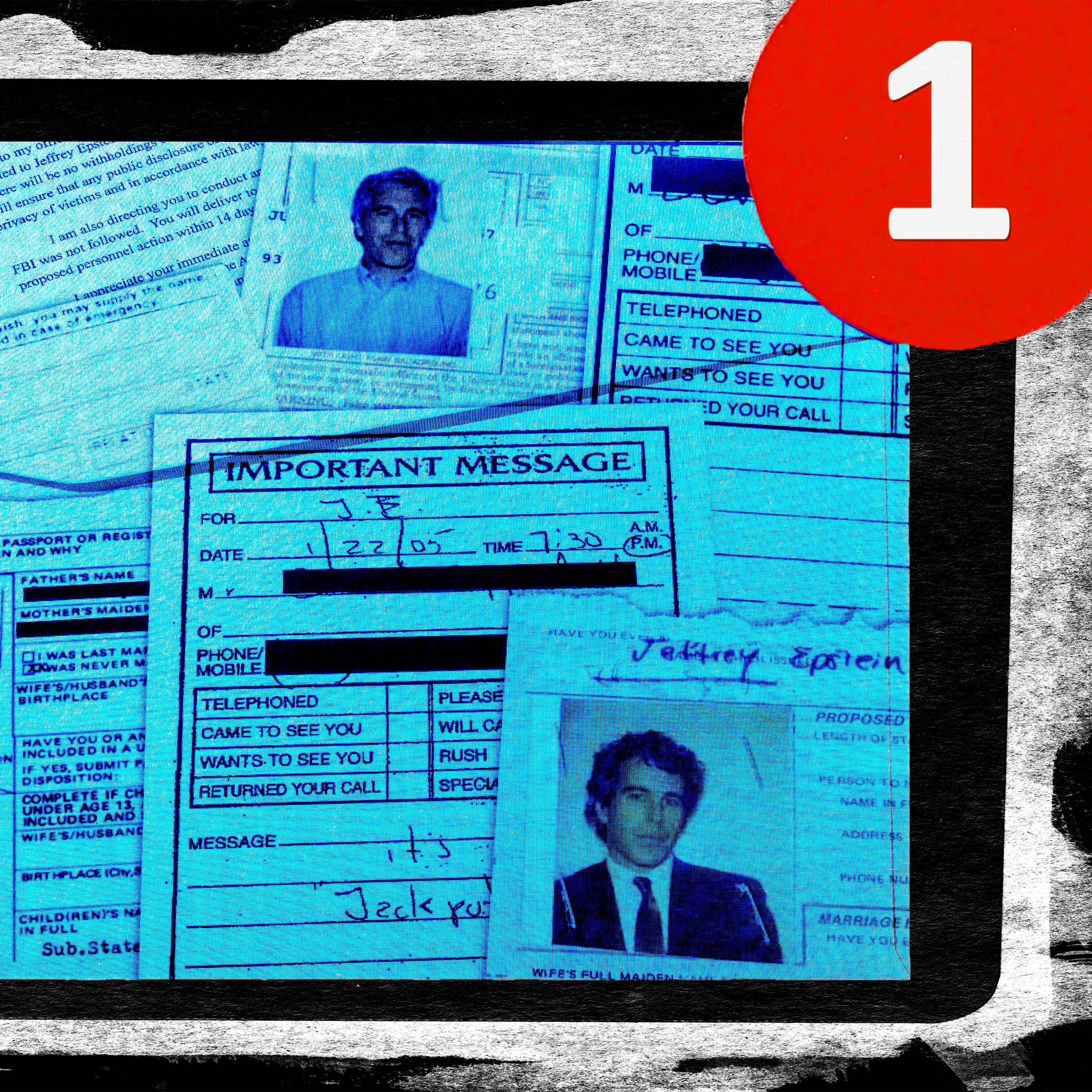DHS Has Been Collecting US Citizens’ DNA for Years

DHS Has Been Collecting US Citizens’ DNA for Years
The Department of Homeland Security (DHS) has been quietly collecting DNA samples from U.S. citizens and storing them in a massive database for years.
This controversial practice has raised concerns about privacy rights and government overreach.
While the DHS says the DNA collection is for law enforcement purposes, critics argue that it is a violation of civil liberties.
The agency has been using a program called “Homeland Advanced Recognition Technology” (HART) to collect and analyze DNA samples from immigrants, detained individuals, and even U.S. citizens.
Many are calling for greater transparency and oversight of the DHS’s DNA collection program to ensure that it is not being abused.
There are also concerns about the potential for misuse of this information, such as genetic profiling and discrimination.
Some have compared the DHS’s DNA collection program to the controversial surveillance practices of the NSA, raising questions about the balance between national security and individual privacy.
Privacy advocates are pushing for stricter regulations on DNA collection and storage to protect the rights of U.S. citizens.
The debate over the DHS’s DNA collection program is likely to continue as technology advances and the government’s surveillance capabilities grow.
It is crucial for lawmakers and citizens to engage in thoughtful discussions about the ethical and legal implications of collecting and storing DNA data on a massive scale.






